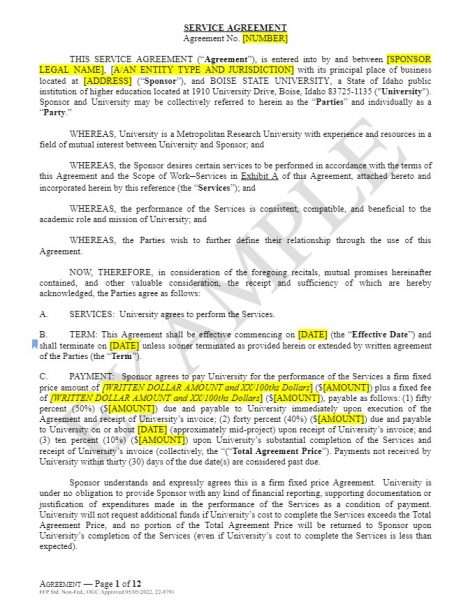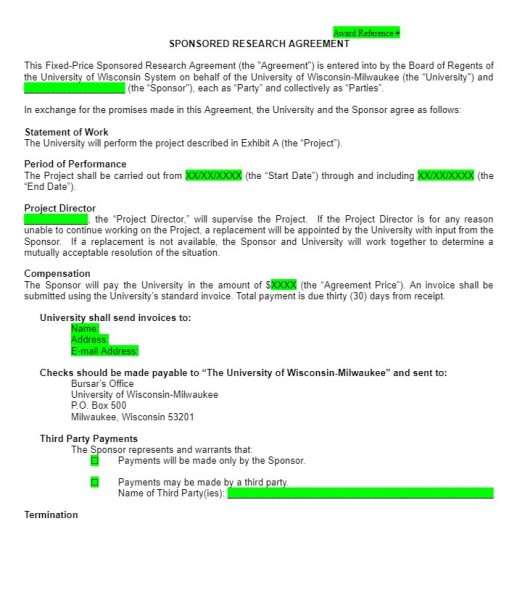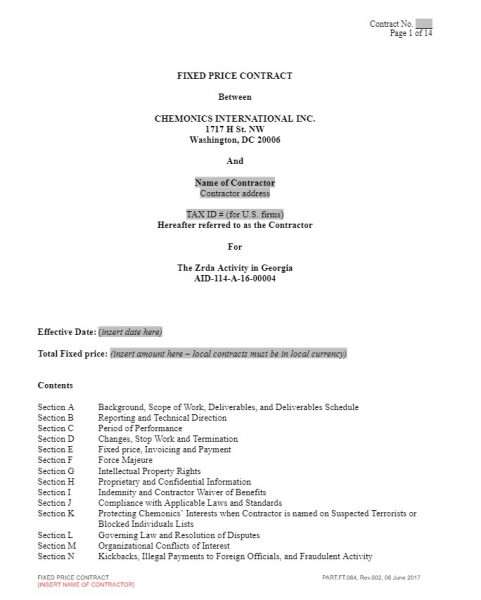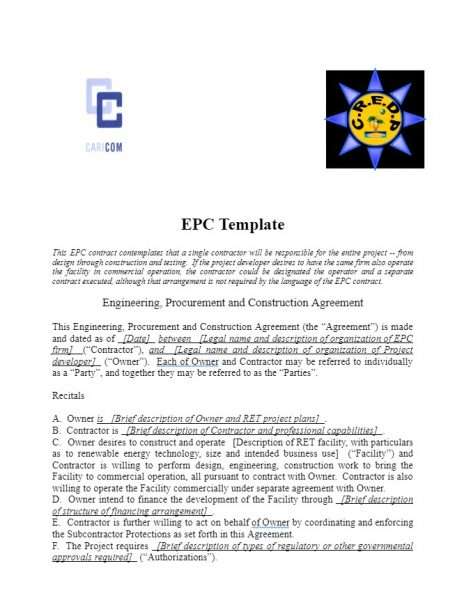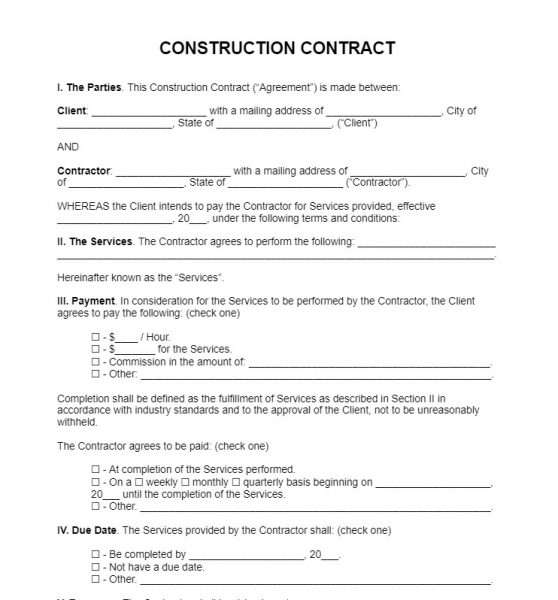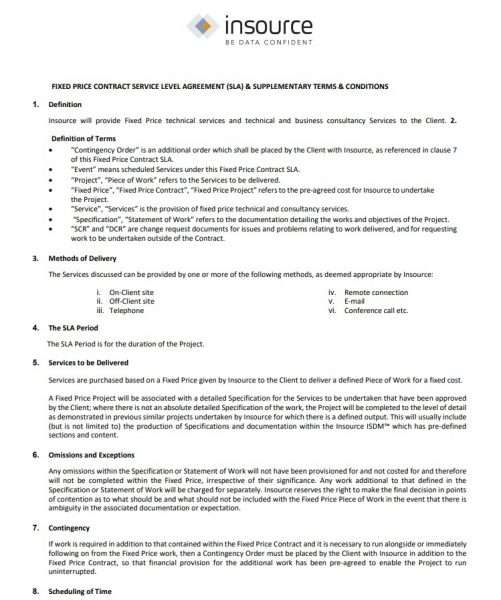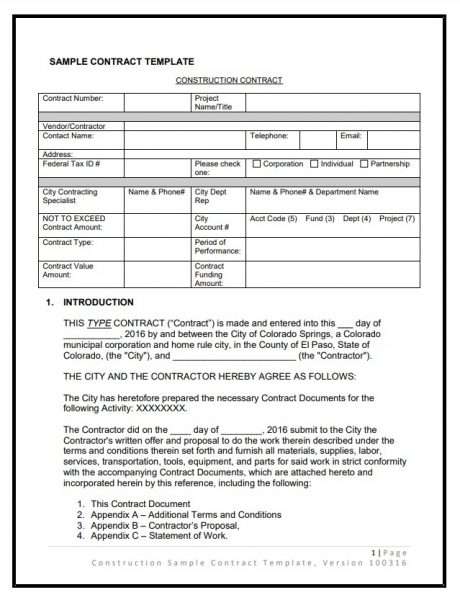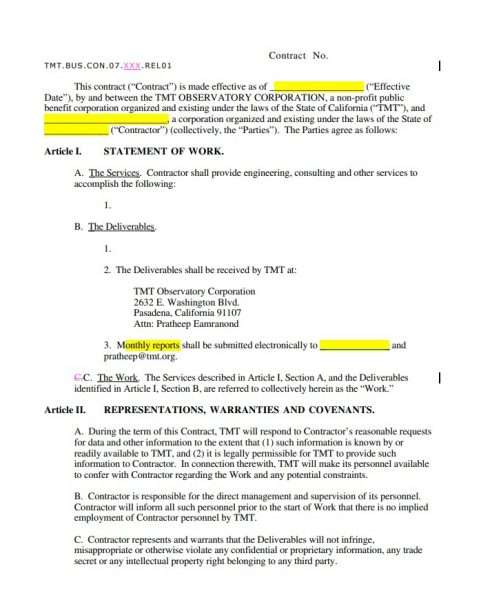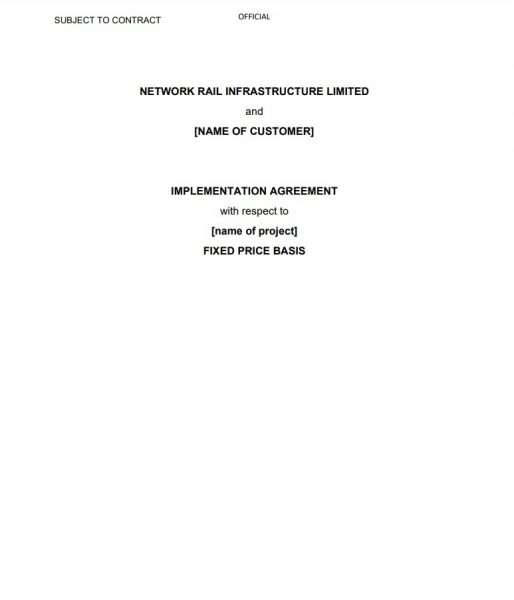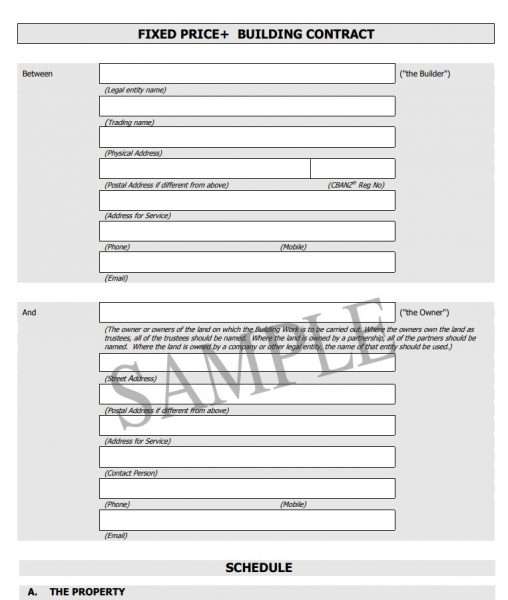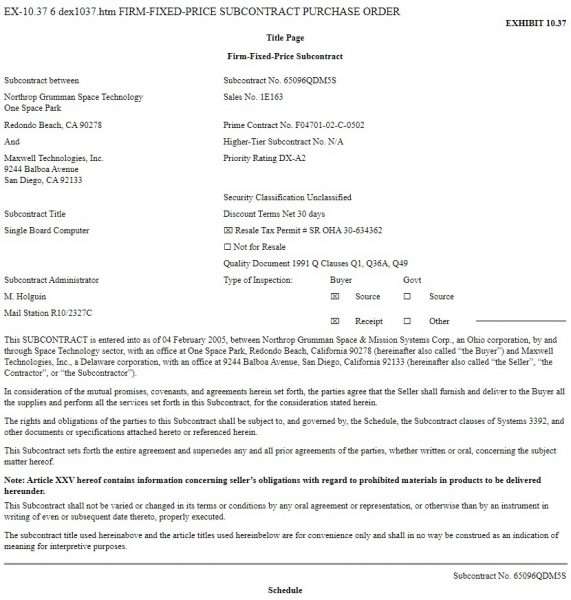In project management, a fixed price contract is a type of agreement in which the price of the project is not subject to change, regardless of any unforeseen circumstances. This type of contract is often used in construction and engineering projects, where the risks involved are typically high.
These fixed-price contracts can also be used in situations where the scope of the project is less certain and the risks are higher. In these cases, the buyer is willing to pay a higher price in order to protect themselves from the possibility of cost overruns.
In Project management, a fixed price contract is a type of contract in which the price is not subject to change, regardless of any changes that may occur during the project. This type of contract is often used in construction and other industries where the scope can highly change during the project lifecycle.
These types of contracts are often used even when the scope of the project is defined but risks are known. In these cases, the buyer is willing to pay a higher price for the certainty that the project will be completed as agreed.
Fixed price contracts can be beneficial for both the buyer and the seller:
- For the buyer, it provides price certainty and protection from cost overruns.
- For the seller, it can provide a higher profit margin if the project is completed under budget.
However, fixed-price contracts can expose the project to significant losses. As the scope of work is not well defined, the seller may end up losing money if the project ends up taking longer or being more difficult than expected, encountering unforeseen problems, and the buyer may be forced to pay more than they originally agreed to.
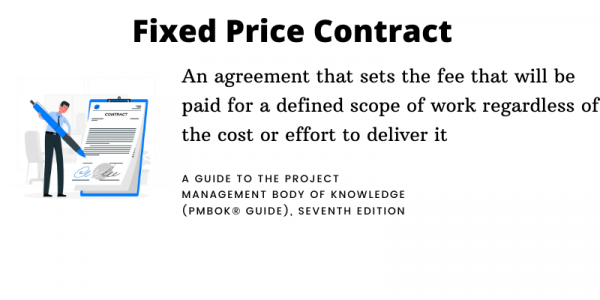
What To Include In The Contract?
But what exactly should be included in a fixed-price contract?
In order for a fixed-price contract to be valid, it must include certain essential elements.
These elements are essential in order to protect the interests of both parties involved in the contract.
The essential elements of a fixed price contract are:
- The names and addresses of the parties involved in the contract
- A description of the work to be carried out
- The total price for the work
- The payment schedule
- The date on which the work will be completed
- The signature of both parties involved in the contract
In general, a fixed-price contract should include all of the deliverables that are to be provided, as well as the price for each deliverable.
The contract should also specify the payment schedule, as well as any penalties or fees for late payments.
Also, the contract should detail the scope of work and any limits on the contractor’s liability.
By including all of these elements in your fixed price contract, you can be sure that you are getting what you expect, and that there are no surprises down the road.
If any of these essential elements are missing from the contract, it may not be legally binding. Therefore, it is important to make sure that all of these elements are included before signing a fixed-price contract.
When A Fixed Price Contract Should Be Used?
The use of a fixed-price contract is often debated in project management.
For some, it is seen as a way to increase certainty and control over the outcome of a project.
For others, it is seen as a way to transfer risk to the other party.
There are a number of factors to consider when deciding whether or not to use a fixed-price contract.
These include the nature of the project, the level of uncertainty, the relationship between the parties, and the objectives of the project. So when should you use a fixed-price contract?
- First, if you have a good understanding of the scope of the project and you are confident that the price you have agreed upon is fair and reasonable, then a fixed price contract can give you the certainty you need. Especially if you know costs are going to stay the same during the project.
- Secondly, if you are working with a reputable and experienced contractor who has a good track record. Especially when requirements are small with few deliverables that won’t affect the project, then this can help.
Fixed Price Vs Cost Plus Contracts
Each type has its own advantages and disadvantages, so it’s important to choose the right one for your project.
| Fixed Price Contracts | Cost Plus Contracts |
|---|---|
| These are contracts where the price is set in advance and does not change, no matter how much the project costs. | These are contracts where the price is not set in advance. Instead, the client pays the contractor for the actual costs of the project, plus a fee for the contractor’s services. |
| This type of contract is good for projects with a clear scope and budget. | This type of contract is good for projects that are complex or have a lot of unknowns. |
| This can be a good option if you have a clear idea of what you want and you’re confident that the project can be completed for the agreed-upon price. | The contractor will submit invoices for the actual cost of the project, plus a fee for their time and overhead. This can be a good option if you’re not sure what the final cost of the project will be. |
So which type of contract is right for your project? It depends on a number of factors, including the type of project, the budget, and the level
Fixed Price Contract Google Docs
Examples of Fixed Price contracts
Fixed-price contracts are often used in construction and engineering projects. Here are examples of fixed price contracts:
- A construction company is hired to build a new office building. The price of the contract is $10 million. This type of pricing is often used in situations where the buyer and seller want to minimize the risk of cost overruns.
- An engineering firm is hired to design a new bridge. The price of the contract is $5 million. This situation, this type of contract is often used in cases where the buyer is interested in stability and predictability.
- Another example of a fixed-price contract is a lease agreement. This type of agreement is typically used for real estate or equipment rentals. The price of the rental is fixed for the duration of the lease, regardless of any changes in the market value of the property.
This type of pricing is often used in situations where the buyer and seller want to minimize the risk of cost overruns.
Fixed Price Contract PDF
Fixed Price Contract pros and cons
Here are some of the pros and cons of fixed-price contracts to help you make your decision:
PROS
- The buyer will know exactly how much he will pay for the project, so there are no surprises on how much will be charged. This is important as it helps to avoid disputes and misunderstandings down the line.
- You can budget for the project more easily
- It can provide certainty and clarity for both the buyer and the seller
- You have more control over the project and can make changes more easily
CONS
- There is less flexibility if the scope of the project changes
- You may have to pay more if the project takes longer than expected
- You may have to sacrifice some quality if you want to stay within the fixed price
- If the project ends up taking longer or being more complex than anticipated, the seller may not be able to cover their costs. This is why it’s important to carefully assess the scope of the project before agreeing to a fixed-price contract.
Fixed Price Contract FAQs
What are fixed price contracts in Project Management?
A fixed price contract is a type of agreement between a buyer and a seller in which the price of the goods or services is not variable. This type of contract is often used in project management, where the price of the project is agreed upon before work begins.
How beneficial is the price contract in Project Management?
There are many benefits to having a fixed-price contract, including the ability to budget for your project, knowing the total cost upfront, and avoiding cost overruns.
What are the advantages and disadvantages of a fixed-price contract?
This can be advantageous because it provides certainty for both the buyer and the seller. However, it can also be risky because it can lead to cost overruns if the project ends up being more expensive than originally anticipated.
What are some common types of Fixed Price Contracts?
Firm Fixed Price (FFP): the price is set at the time of purchase and is not subject to change, regardless of changes in the scope of work or other factors, Cost Plus Fixed Fee (CPFF): the buyer agrees to pay all costs incurred by the seller, plus an additional fixed fee and Fixed Price Incentive Fee (FPIF): the buyer agrees to pay a fixed price for the work, plus an additional incentive fee if certain changes happen.

